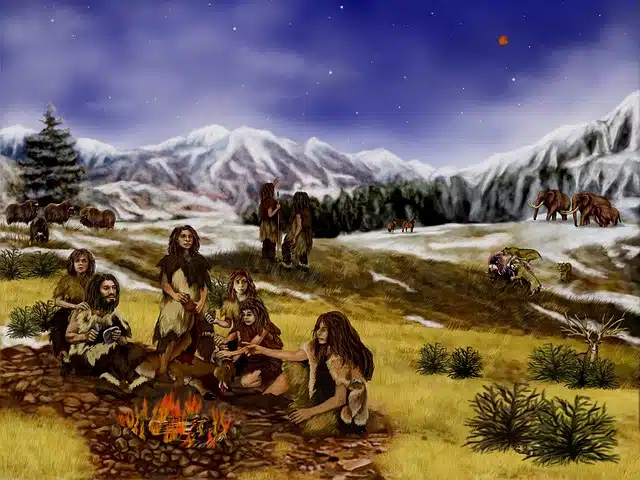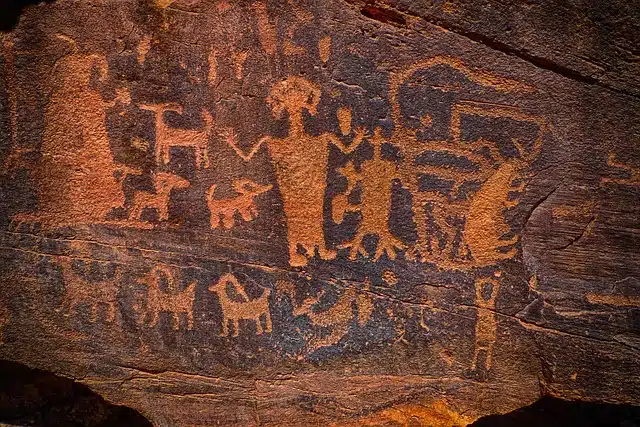
In primitive communism, social classes and private property did not exist.
Communism has its etymological origin in the French communisme . This word is formed with the components commun (which can be translated as "common" ) and -isme (the suffix "-ism" ).
Communism is a movement and doctrine that promotes that the means of production are not private. Emerged in the 19th century , it promotes the class struggle .
The adjective primitive , meanwhile, comes from the Latin primitīvus . The term can refer to the first stage or origin of something, or to that which is first in its line.
What is primitive communism
The idea of primitive communism refers to a period of economic and social structuring where the means of production were communal and the forces of production were poorly developed. It is estimated that its beginnings are located in the Paleolithic .
According to Karl Marx ( 1818 – 1883 ), whose postulates gave rise to what is known as Marxism , primitive human beings did not have the conception of private property as it is understood today. There was a certain communal property , but not exclusive to individuals. Production, on the other hand, was organized according to the needs of the community without there being a mediation between the productive process and the object produced.
During the stage of primitive communism, since it was produced to cover what was necessary, there was no surplus nor were goods accumulated . At the same time, no person was freed from working, so there was no exploitation or class division . Consequently, there was no need for a State in charge of regulating social ties.

It can be indicated that primitive communism is a stage of the economic and social development of the human being.
The historical evolution
Primitive communism gradually disappeared with the development of communities and the processes of conquest. In this way, the productive mode characteristic of this phase was replaced by feudalism and slavery , depending on the area.
From a certain advance in the forces of production, although always at a pre-industrial level, slavery was established. Although the techniques were elementary and the capital was meager, a stratification of society was forged that led to the subjection of some people to slavery.
In these cases, the labor force ceased to be the property of the worker, remaining in the power of the exploiter, who no longer needed to work. The owner of the slave, in this context, ensured his subsistence and reproduction to continue having labor.
Feudalism, for its part, is linked to the progress of agriculture . Production increased, peasants began to have more time to earn income and the lords, instead of obtaining unpaid labor, began to obtain remuneration in kind.
The current view on primitive communism
Historians analyze early communism in different ways, mainly related to its ideology . There are those who highlight benefits of this type of social organization, such as the absence of exploitation and political hierarchies and the implementation of cooperation between people as an essential resource for survival.
At the other extreme, many analysts emphasize the poor development of the economy with its consequences on the standard of living. With primitive communism, social organization was limited to ensuring subsistence.
